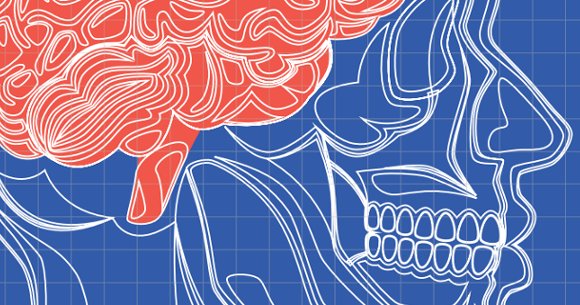Google DeepMind Appoints Rain AI Engineer to Expand AI Hardware Design Team

Google DeepMind Expands AI Hardware Team
Google DeepMind has made a significant move by hiring Maxence Ernoult, an expert formerly with Rain AI, to bolster its AI hardware team. Ernoult brings a wealth of experience in neuromorphic computing, which is focused on creating computer systems that mimic the workings of the human brain.
Background of Maxence Ernoult
Ernoult spent over two years working at Rain AI, a startup known for developing neuromorphic chips with support from Sam Altman. This startup has a letter of intent from OpenAI, indicating its promising direction in AI technology. Prior to this, Ernoult contributed to IBM’s in-memory computing projects and pursued academic studies in neuromorphic computing at Sorbonne Université. His diverse background equips him with a unique perspective on AI hardware design.
What is Neuromorphic Computing?
Neuromorphic computing aims to duplicate the brain’s functionality using hardware and software that model neural and synaptic structures. This approach is significant because it can lead to more efficient computing systems, optimizing how information is processed similarly to how humans think and learn. Neuromorphic systems seek to overcome the limitations of traditional computing architectures, especially concerning energy efficiency and processing speed.
Joining Google DeepMind
In a LinkedIn announcement, Ernoult expressed enthusiasm about his new role as a senior research engineer at Google DeepMind, specifically joining Albert Cohen’s team focused on AI hardware design. Cohen himself is an accomplished research scientist who has contributed to Computing-In-Memory (CIM) architectures. His research features memristor-based, non-von-Neumann architectures capable of executing tensor operations directly in memory. This innovation could play a crucial role in meeting the rising demands for energy-efficient hardware, particularly for machine learning applications.
The Vision for AI Hardware Design
Under the leadership of Olivier Temam, Google DeepMind is dedicated to building a robust hardware infrastructure for Artificial General Intelligence (AGI). Temam previously worked on Google’s Cloud Tensor Processing Unit (TPU) and has a vision to create low-power applications through AI technologies. TPUs are a pivotal aspect of Google’s AI chip family, crucial for training models like Gemini and accessible via its cloud services.
Chip Design Innovations with AlphaChip
Temam is also engaged in the endeavor known as AlphaChip, which utilizes AI to enhance chip design processes. According to Google, AlphaChip has been instrumental in designing TPUs, Axion Arm chips, and various processors since its inception in 2020. The goal is to optimize every phase of the chip design cycle, from architecture to manufacturing. Google aims to create custom hardware capable of being integrated into everyday devices, including smartphones and medical equipment.
Research Opportunities and Future Directions
Google DeepMind’s commitment to pushing boundaries in chip design is reflected in a job listing for a research engineer in chip design. This role emphasizes solving complex challenges in chip production, such as RTL generation and logic synthesis. Those part of the team will have the opportunity to advance the capabilities of AI in chip design, aiming to innovate next-generation products.
Moreover, while it’s still unclear if the new hardware project incorporates neuromorphic computing strategies, there are indications of DeepMind’s interest in this field. In a collaborative research paper published in January, DeepMind’s Cliff Young outlined a roadmap for achieving neuromorphic computing at a competitive scale. His contributions include vital developments such as Google’s TPU and the design of the Anton supercomputer.
Academic Collaborations
Additionally, the involvement of respected figures in neuromorphic research, such as Yale Professor Priyadarshini Panda, highlights the potential focus area for DeepMind. Panda, who leads the Intelligent Computing Lab at Yale, was a visiting scholar at Google DeepMind last year, further indicating a focus on advancing neuromorphic computing technologies.
While Google DeepMind has not provided specifics regarding the connections between its hardware initiatives, AlphaChip, and neuromorphic computing, the developments suggest a proactive approach to pioneering next-generation AI solutions.




